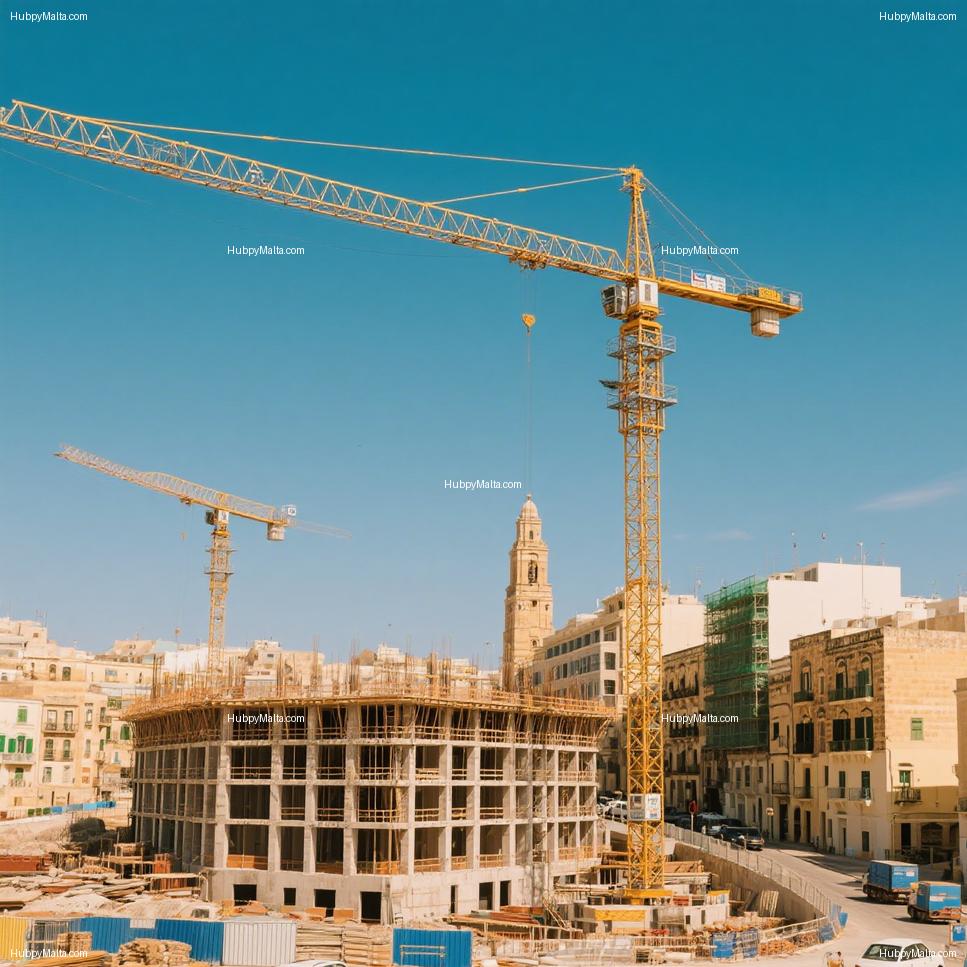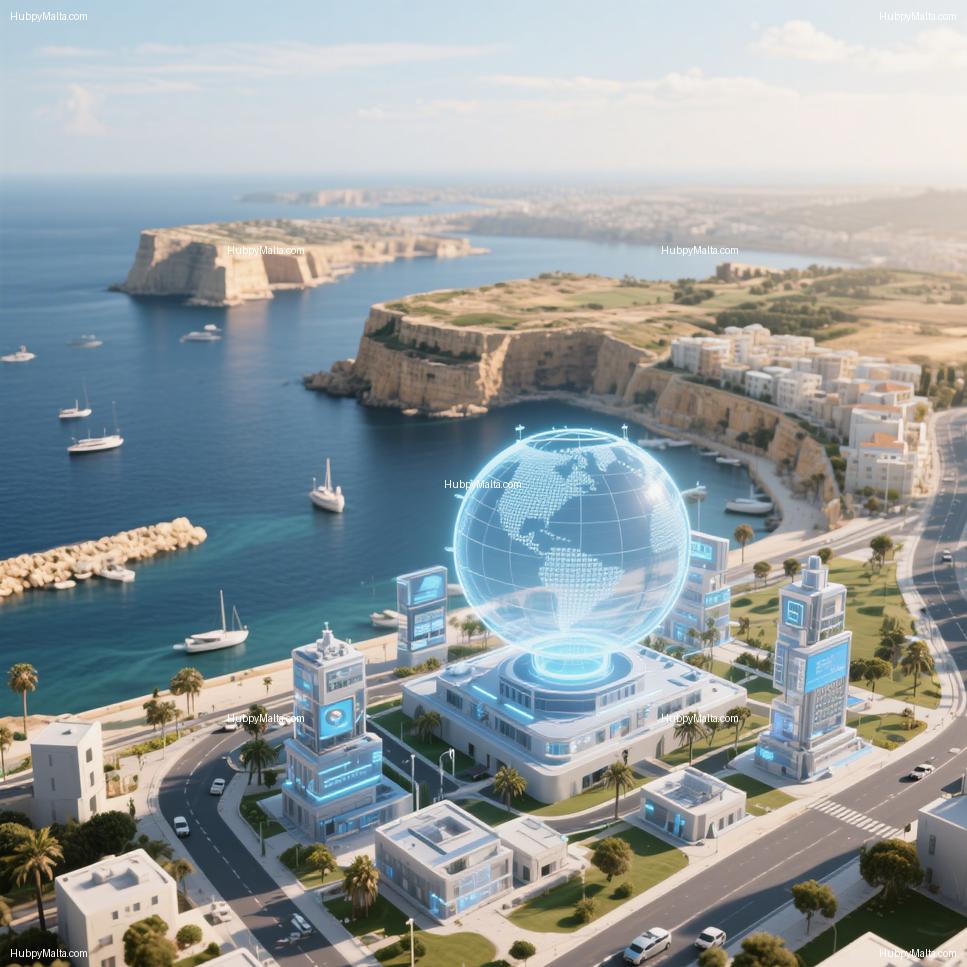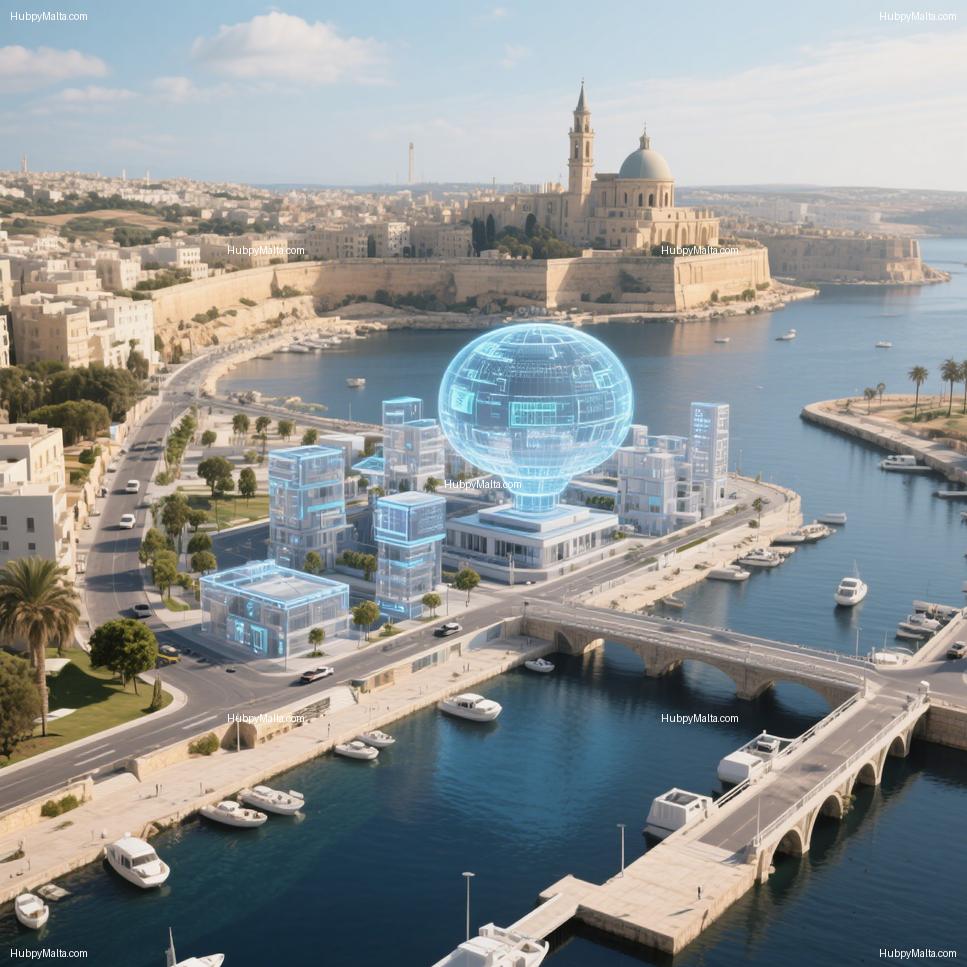In this YouTube video, we embark on an in-depth exploration of Malta Vision 2050, a groundbreaking plan that places digital transformation at its core and aims to reshape Malta’s future by 2050. Discover how this ambitious vision is set to unlock opportunities for digital companies across various sectors. We’ll discuss the four main pillars of the vision, including sustainable economic growth with a focus on sectors like fintech, aviation, and tourism, accessible citizen-centered services, a resilient country with a modern education system, and smart land and sea usage. Learn about the key enablers such as adaptive policy and governance, a strong Malta brand, and the fostering of national identity and innovation. Explore the specific targets, like aiming to be in the top 20 of the Human Development Index by 2035 and in the top 10 by 2050, and the strategies for sectors like tourism, gaming, financial services, and aviation. We’ll also touch on the importance of a phased implementation roadmap, flexibility, and collective ownership among businesses, civil society, and citizens. Join us as we analyze what makes Malta Vision 2050 a game-changer and what its potential impact could be on Malta and other nations looking to plan for the future.



Opportunities for Digital Companies
Digital Transformation Enabler
The Malta Vision 2050 positions digital transformation as a key driver for progress. It opens doors for businesses that offer digital services and tools. These opportunities span multiple industries and sectors.
Gaming Sector
Malta plans to boost its reputation in the gaming industry. The focus is on transparency, player protection, and fair competition. In addition, the country aims to grow in digital content creation, software, and video gaming.
This goal creates room for companies offering:
• Video game development and e-sports solutions
• Custom software for the gaming sector
• Digital content production and streaming platforms
• Green data centers for licensed operators, possibly with tax perks
Financial Services Sector
Malta hopes to attract wealth management firms, investment funds, and fintech startups. This creates digital business opportunities in several areas. First, companies can build tools for open banking or crypto technologies. Furthermore, there’s room for smart platforms that simplify regulation and licensing. These tools may even use AI for automation.
• Fintech tools for open banking and blockchain
• AI platforms to assist with financial regulation
• Core digital infrastructure like due diligence portals or payment hubs
High-End Manufacturing
Industry 4.0 is central to Malta’s manufacturing vision. It includes technology such as IoT, AI, robotics, and big data. With this in mind, digital companies can support Malta’s goal by offering smart factory solutions.
• IoT tools for industrial equipment
• AI-driven process automation and analytics
• Robotics for production line efficiency
• Big data platforms for managing supply chains
Mobility
Malta aims to launch a Mobility-as-a-Service (MaaS) platform. This would connect public, private, and shared transport. The system will use real-time data and Malta’s digital twin to improve movement across the island.
Here are business opportunities in this area:
• Building and managing MaaS platforms
• Transport network analytics tools
• Tech for shared vehicle services
Healthcare
Health technology is also a priority in Vision 2050. Malta plans to roll out an AI-based platform to detect health risks early. This platform would also improve telemedicine access for remote consultations.
• AI tools for diagnostics and risk prediction
• Telehealth platforms for virtual doctor visits
• Systems that use data for better patient care
Sustainability Initiatives
One innovative idea is a blockchain-powered app that rewards eco-friendly actions. This could encourage citizens to recycle, save energy, or reduce waste. A digital company could create and maintain this app while helping track its environmental impact.
Digital Public Sector
Malta plans to modernize government services through technology. The goal is to make services more efficient and reduce bureaucracy. This opens the door for firms offering digital tools to help public sector entities.
Cybersecurity
As digital threats grow, Malta will set up a Cyber Incident Response Unit (CIRU). It will focus on protecting citizens and public infrastructure. In response, companies that offer cybersecurity tools and services will be in high demand.
Overall, the Malta Vision 2050 outlines a strong push towards digital transformation across various sectors, indicating a fertile ground for digital companies offering innovative solutions and services. The focus on specific technologies like AI, blockchain, IoT, and the development of digital infrastructure and platforms presents concrete areas for potential growth.









